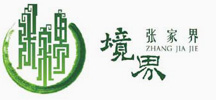Zhangjiajie Maogusi Dance
2016-12-20 16:49:33 Zhangjiajie Tourism Information Website
Maogusi Dance of the Tujia Minority in Xiangxi Tujia and Miao Ethnic Autonomous Prefecture
The Maogusi dance is an ancient dance popular in areas inhabited by the Tu ethnic group in western Hunan Province. "Maogusi" means grandpa in Chinese. The dance originated from the sacrifice rituals of the ancient Tujia people.
The dance often calls for 15-16 participants, the leader of which is an elder, called 'Babu father'. The rest are younger. During performances, all of the dancers wear clothes made of straw, couch grass and leaves, and even their faces are covered. Five plaits made of palm leaves sit on their heads. Four of the plaits extend down four sides of the dancers' body. One plait extends between the dancer's legs and is a symbol of masculinity.
The Maogusi dance is unique in its form and content. The dancers speak and sing songs in local dialects throughout the performance, and their appearances are humorous. They advance and retreat in short, quick steps, or go down on their knees and shake their bodies, jumping and swinging from right to left and quivering all over. They shake their heads and shrug and rustle the couch grass. This is in imitation of the straight forward manners of the ancient people.
Most Maogusi dances are about history, fishing, marriage and the daily work of the Tujia people. Some dances might last six days and nights. The dance is an ancient dance for commemorating the exploits of their ancestors. It shows the story of Tujia ancestors exploring new lands, farming, fishing and hunting.
The Maogusi dance is an integration of singing, dancing and drama. It is a native drama intended for a deity. Seldom seen in other ethnic groups, this primitive dance is called the 'living fossil' of primitive Tujia culture. It provides reliable clues for research on the origins of Tujia dances.
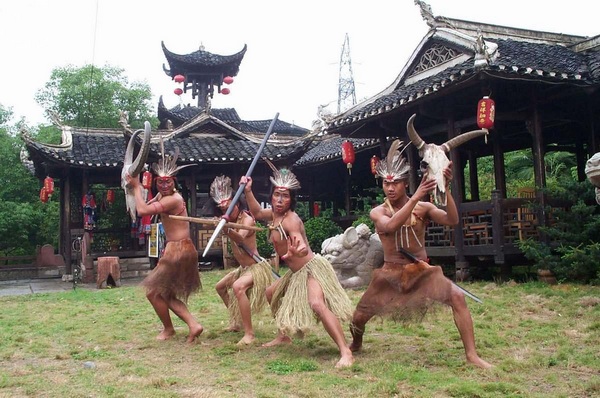
-
Zhangjiajie package service for family self-help tourism5D 4N $0.00¥0.00
-
3N4D Zhangjiajie mountaintop staying for highlight sunrise tour4D 3N $241.74¥1580.00
-
4D3N Family tour to ZJJ avatar park-Grand cayon-Glass bridge-Tianmenshan4D 3N $302.94¥1980.00
-
3N4D Group tour for Zhangjiajie rock climbing tour in avatar park4D 3N $0.00¥0.00
more FAQ
- 1About Full introduction for Zhangjiajie Glass Plank Road
- 2What is Zhangjiajie's sister World Geopark?
- 3Top 5 places for Zhangjiajie winter tour
- 4Zhangjiajie top 5 hiking places
- 5Zhangjiajie's best places for sunrise & sunset tour
- 6Do you know about Zhangjiajie cultural heritage?
- 7Zhangjiajie travel entrance fee,cableway,elevator,sightseeing train cost
- 8Hunan Province Weather Profile


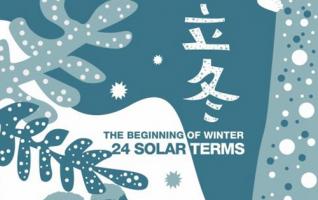
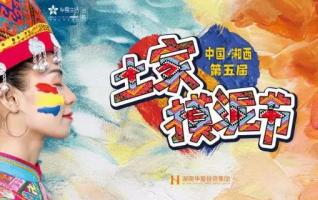
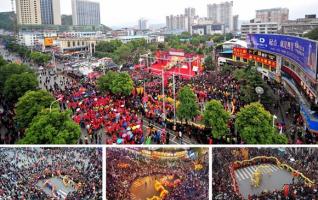
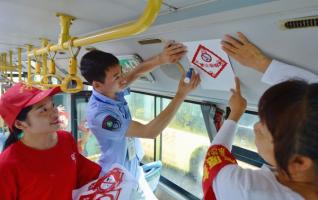
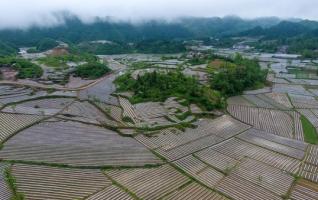
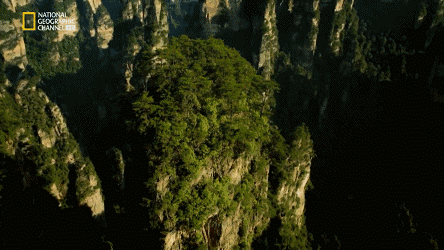
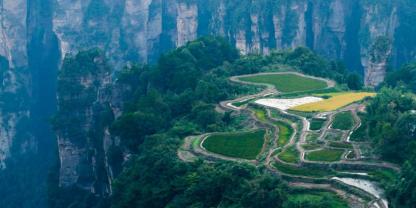
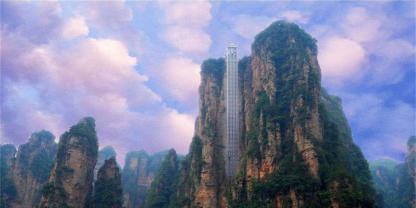
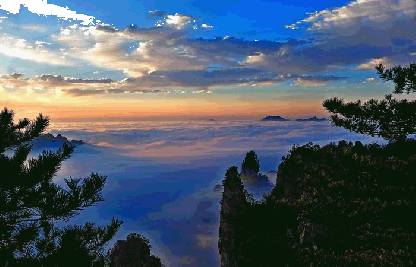
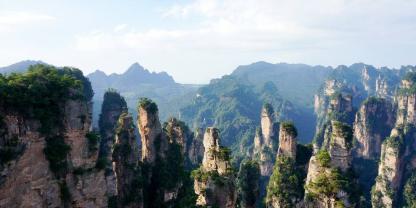
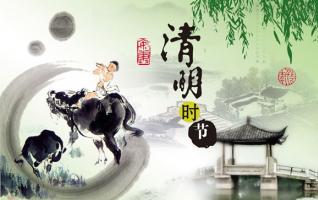
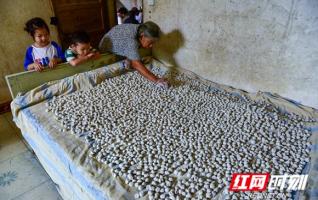
![Top food recommendation for Hunan tourism[Photo Gallery]](http://www.zjjbk.com/uploadfile/2017/0521/thumb_318_200_20170521042544645.jpg)
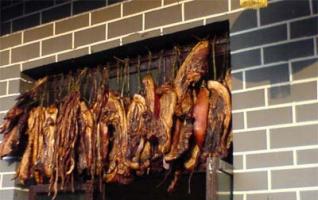
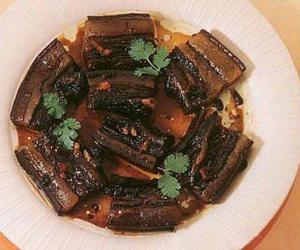
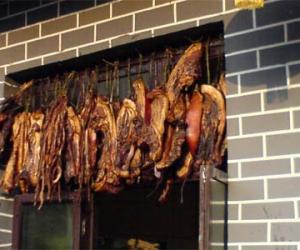
![Zhangjiajie old method of producing vegetable oil[Photo-step process]](http://www.zjjbk.com/uploadfile/2016/1220/thumb_318_200_20161220044619231.jpg)
